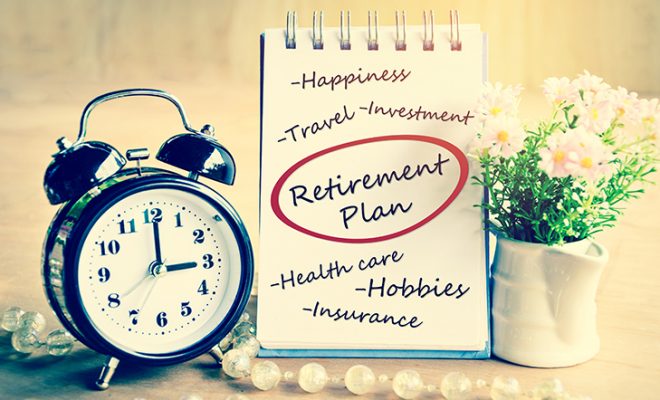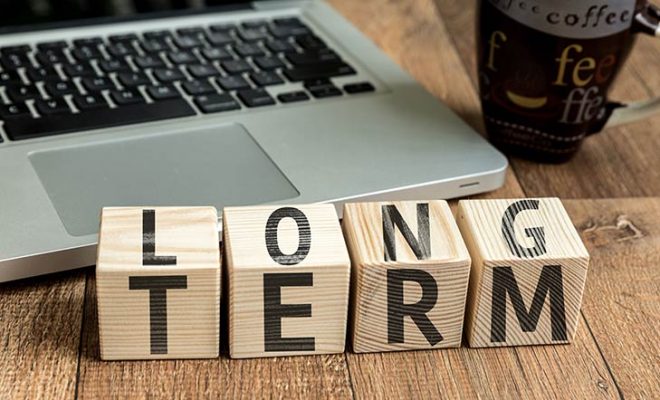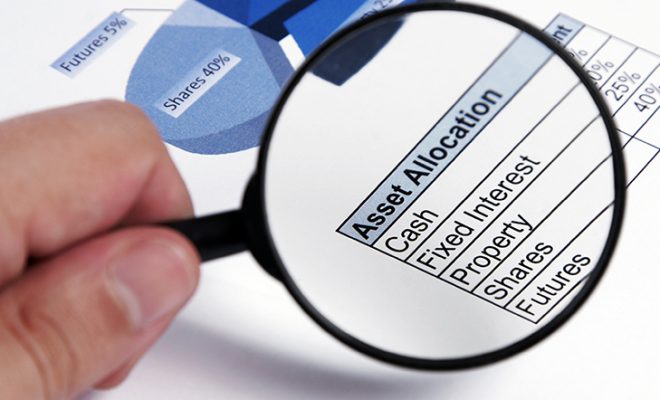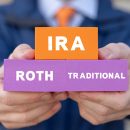Can phased retirement be useful for better retirement planning?

Phased out retirement is the strategy of taking partial retirement benefits while working part-time. In other words, it is a process of slowly migrating towards the golden years of your life. The concept includes a planned decrease in traditional income and a gradual increase in retirement activities. The reason why phased retirement is beneficial is because many people find it better to experience the changes in their life after retirement slowly instead of being unemployed in a single leap.
A person’s occupational life can leave a deep impact on their personal life both financially and mentally. It can also be hard to experience the absence of a solid income source after retirement. Moreover, people require time to shift their focus and time from their work towards other passions and interests. Hence, a phased course of action works well for retirement planning. Here are some benefits of a phased retirement:
Good standard of living
Phased out retirement allows people to elongate their occupational life on a part-time basis after retirement. This provides a comfortable standard of living. The middle path allows you to spend a few hours a day on work and enjoy the rest of it as retirement time. In a study conducted by Watson Wyatt, 63% of workers aged between 50 and 70 years addressed that they would love working part-time before full retirement. People who implement the phased-out retirement strategy don’t need to bank solely upon their retirement benefits. They have a steady paycheck through their part-time work all the while pursuing a job of their interest.
Additionally, a phased withdrawal from work allows you to leverage increased financial benefits. Social security does not begin until you are 65. If you carry forward a part-time income, you can delay claiming social security benefits. This also enhances the long-term financial goals for your spouse or family.
Psychological benefits
When you leave your job permanently, the transition into retirement and the realization of not having to work can contribute to major stress in retirees. However, these psychological triggers can be avoided in phased retirement. Transitioning into retirement can take away some of your stress as you work part-time and continue to have a source of income other than your retirement savings. Most part-time jobs also offer a more relaxed atmosphere, which gives people ample time to enjoy other aspects of their life. Phasing out can have fewer psychological implications as compared to an abrupt retirement.
More value to the company
Many organizations incur a heavy loss when their employees retire. The experience retirees take with them can be hard to replace. In phased retirement, many employees continue to work in the same organization but with reduced hours. This can be beneficial for both the employee as well as the employer. Companies usually move towards fewer hours or home-based work facilities contributing to less stress and more flexibility. This helps retirees train and mentor younger people and impart highly-skilled knowledge to other team members. It also gives the company time to forecast their workforce needs.
Substantial preparation time
People often work not because the job interests them, but because they are dependent on a steady source of income. This can change if you follow phased retirement. You can begin an open-minded journey to search for the work you love the most and the career you wish to pursue. You can share your experience and provide guidance in the field you have a connection to.
Learning does not have an age limit and the preferred job can bring new elements to your life such as knowledge sharing, connection establishment, and more. Also, working in a phased-out manner can help you establish a course of action according to the latest market trends. You can assess the impact of financial conditions on your assets and then decide when to stop working. In other words, you have a buffer time to be prepared for the phase instead of a fixed retirement date.
Smooth transition
For many people, professional life is not just about receiving a paycheck. It is also about establishing connections with people from different fields, creating friendships, enjoying coffee table conferences, and learning and evolving with peers. Phased retirement can ease out the emotional pressure of the eventual absence of such experiences. In this way, your sense of self-worth is not affected as you start another journey with your own interests. You still have people to interact and work with and the chance to foster relationships. Phased retirement provides time to adjust to your new style of living while allowing you to search for a chance to grow and be productive.
To sum it up
Retirement is inevitable. However, while there is no escaping from it, one can adopt strategies to ease into the process. Phased retirement offers people the chance to test waters and prepare themselves before well they take the leap into retirement. Not only does it help them manage their finances better but it also helps them tackle the emotional stress that comes along with the new journey.
Do you believe that phased retirement planning is better than the traditional form of retirement? Contact Financial Advisor to understand how a phased retirement can be a beneficial strategy to follow.










